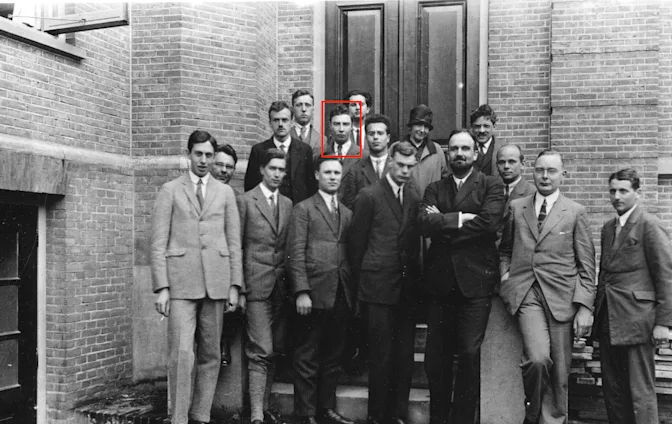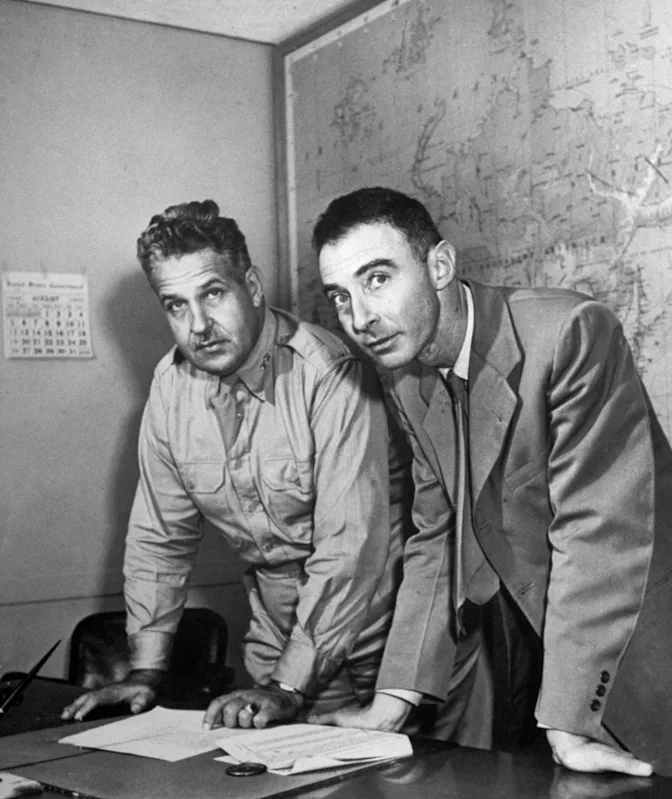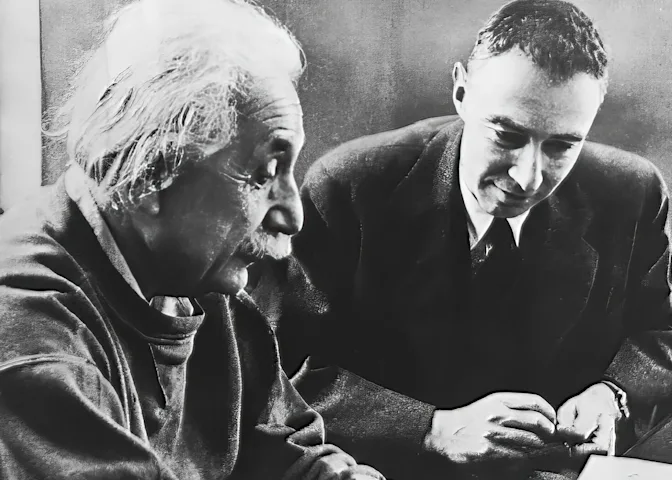
Robert Oppenheimer's Tragic Fate
In the world of science and politics, few figures are as enigmatic and controversial as J. Robert Oppenheimer. Known as the "father of the atomic bomb," Oppenheimer's brilliance was undeniable, but his legacy is marked by more than just scientific achievements. Beneath the surface of his well-documented contributions to physics lies a story of unfulfilled potential, personal torment, and political persecution.
But what was the real tragedy of Robert Oppenheimer's life?
The Early Promise of a Genius
Growing up in a wealthy New York family with an interest in academia, Robert Oppenheimer's intellect was evident from his youth. His entrance into the world of science was marked by curiosity and a dazzling intellect that promised a groundbreaking career.
However, Oppenheimer's early academic endeavors were tainted by episodes of mental instability. In 1925, he made an unsuccessful attempt on his tutor's life by injecting poisonous chemicals into an apple and leaving it for him to eat, revealing darkness behind his genius.

The Spark of Scientific Brilliance
Despite early setbacks, Oppenheimer's move to the University of Göttingen ignited his scientific ambitions. Surrounded by the luminaries of quantum mechanics, he flourished, impressing peers and mentors alike. His quick mind and innovative thinking promised a stellar scientific career. Yet, his tendency to jump between interests hinted at an underlying restlessness that would shape his professional life.
The Toll of Politics
Oppenheimer's contributions to the Manhattan Project and the development of the atomic bomb catapulted him into the political arena, a space where his scientific insights often clashed with political trends.
 In the McCarthy era, his outspoken criticisms of nuclear policy and previous leftist affiliations made him a target, culminating in a humiliating security hearing that stripped him of his clearance and public standing. This political persecution underscored a tragic shift from scientific prominence to political pariah, overshadowing his achievements and contributions to science.
In the McCarthy era, his outspoken criticisms of nuclear policy and previous leftist affiliations made him a target, culminating in a humiliating security hearing that stripped him of his clearance and public standing. This political persecution underscored a tragic shift from scientific prominence to political pariah, overshadowing his achievements and contributions to science.
The Unfulfilled Potential
Friends and colleagues lamented the unfulfilled potential of a mind that seemed capable of revolutionizing physics. Despite his early insights into black holes and quantum mechanics, Oppenheimer's inability to focus on a single line of inquiry led to missed opportunities and scientific contributions that could have been.
His later years, marked by a retreat from scientific work and a failed attempt to engage in politics, illustrated a profound personal and professional tragedy — a genius who could have reshaped our understanding of the universe, but instead ultimately becoming ensnared in the external forces of his time.
During a 1954 meeting with Albert Einstein, Einstein expressed that Oppenheimer wasn't obligated to endure political persecution, having already made significant contributions to his country. He suggested that if such mistreatment was the thanks he received, Oppenheimer should disassociate himself from America. However, Oppenheimer respectfully disagreed, saying he loved America and could not forsake his country.

"He loved America, and this love was as deep as his love for science," Verna Hobson, Oppenheimer's secretary noted, according to the New York Times. The course of history might have been different if Oppenheimer's journey hadn't been interrupted by personal challenges and the political turmoil of his time.
References: The Real Tragedy of Robert Oppenheimer | The Tragedy of J. Robert Oppenheimer























